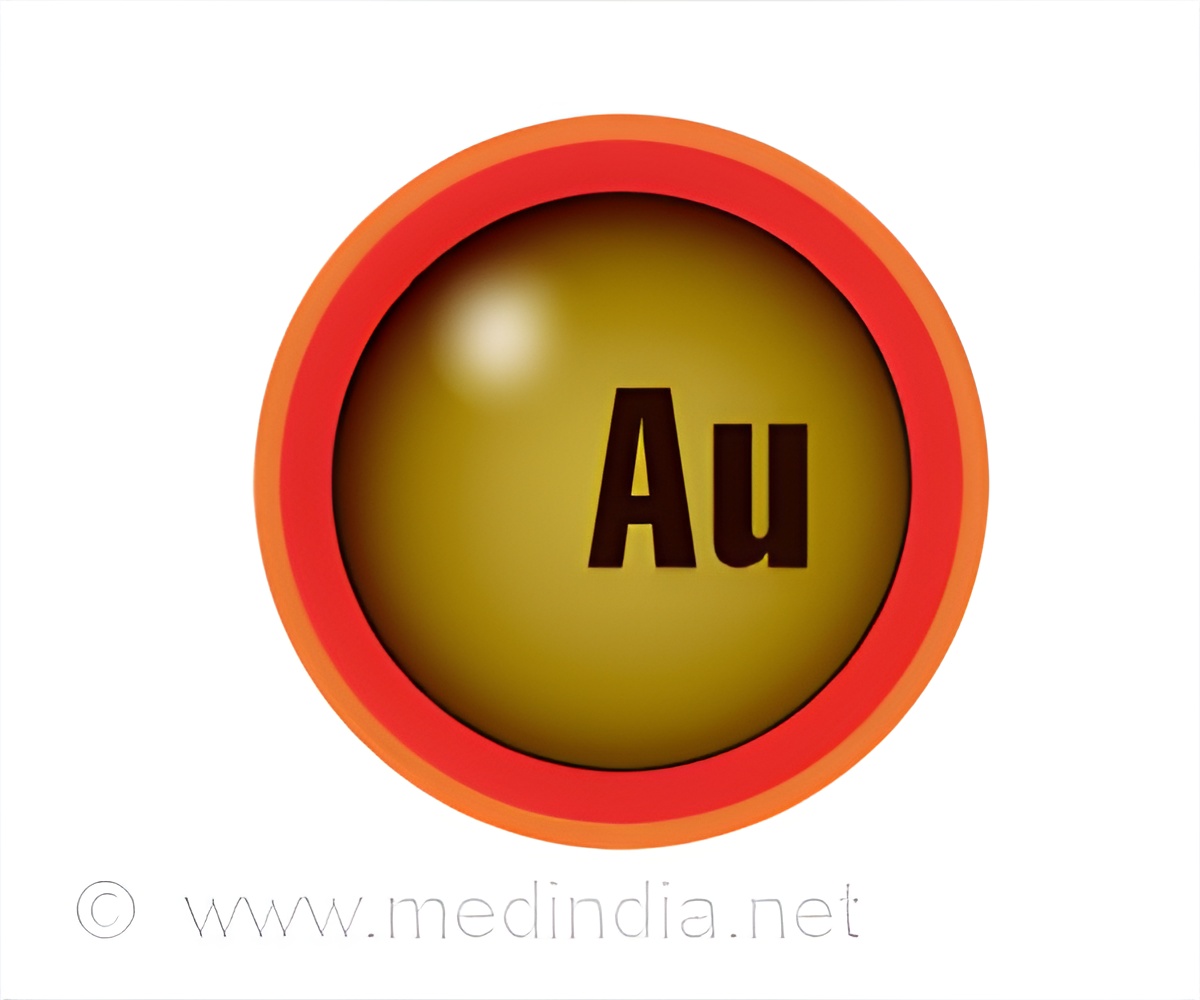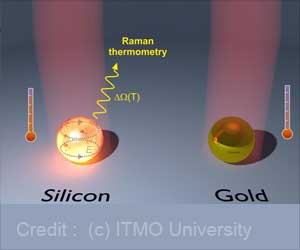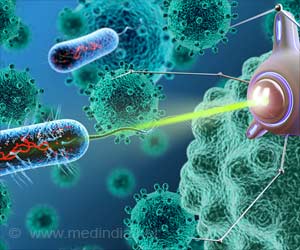Biocompatible gold nanoparticles have been designed to convert near-infrared light to heat. It can safely and effectively ablate low- to intermediate-grade tumors within the prostate.

TOP INSIGHT
Biocompatible gold nanoparticles have been designed to convert near-infrared light to heat. It can safely and effectively ablate low- to intermediate-grade tumors within the prostate.
Read More..
In this study, researchers tested the effectiveness of AuroLase® Therapy, a treatment from medical device company Nanospectra Biosciences that is based on technology invented at Rice University by engineer and chemist Naomi Halas, PhD, and Duke University bioengineer Jennifer West, PhD. The Principal Investigator and lead author, Ardeshir Rastinehad, DO, Associate Professor of Urology, and Radiology, at the Icahn School of Medicine at Mount Sinai, invented the technique used in the clinical trial to target and treat the prostate cancer cells using a custom-built MR US fusion guided platform in collaboration with Philips Healthcare.
AuroLase® uses gold-silica nanoshells (GSN), particles Dr. Halas invented that are composed of a silica core and a gold shell with a diameter of 150 nanometers. AuroShells® are designed to absorb energy from near-infrared light and convert it to heat, resulting in selective hyperthermic cell death, without affecting adjacent non-tumorous tissue.
The treatment was effectively demonstrated in previous cell studies and animal models. Following treatment, the particles are cleared through the liver, while some remain sequestered in the liver and spleen. There are no known side effects.
Sixteen men aged 58 to 79 with low- to intermediate-grade prostate cancer (Gleason score of 4+3) received GSN infusion. All were diagnosed and treated at The Mount Sinai Hospital using a targeted biopsy technique called magnetic resonance-ultrasound fusion imaging, which uses MRI technology to extract a tissue sample directly from the tumor.
GSN-mediated focal laser ablation was successful in 87.5 percent of lesions treated at one year of follow-up. The goal of researchers was to find an eradication of cancer cells during biopsy.
"Mount Sinai's interventional urology program is research-driven and offers patients minimally invasive treatment therapies that improve quality of life," said Ash Tewari, MBBS, MCh, Chair of the Department of Urology at the Mount Sinai Health System and the Kyung Hyun Kim, MD Professor of Urology at the Icahn School of Medicine at Mount Sinai. "Dr. Rastinehad's gold nanoparticle research shows that patients are not only benefiting from this treatment, but also experiencing minimal side effects."
Source-Eurekalert
 MEDINDIA
MEDINDIA



 Email
Email

![Prostate Specific Antigen [PSA] Prostate Specific Antigen [PSA]](https://www.medindia.net/images/common/patientinfo/120_100/prostate-specific-antigen.jpg)





